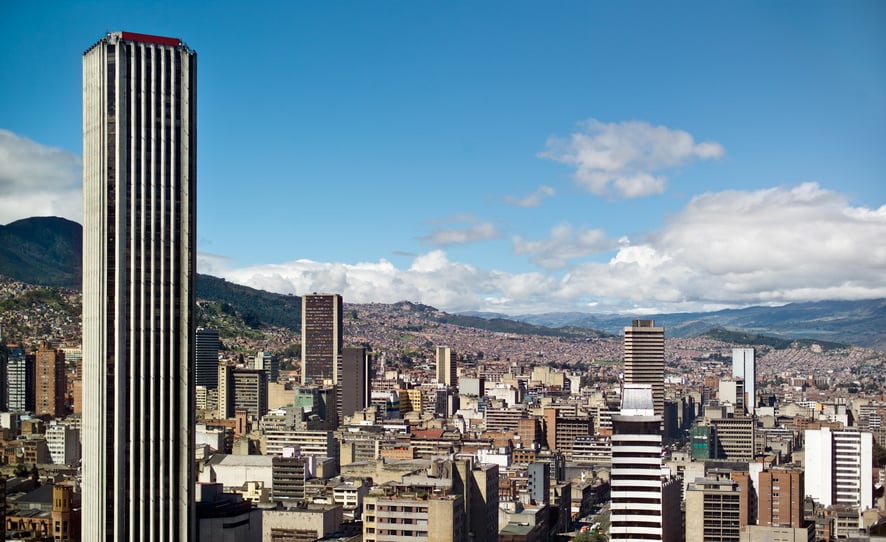In brief
On February 23 2022, the Colombian National Government issued Decree 253 (the “Decree”), modifying the regulation concerning antitrust leniency programs, known in Colombia as the Collaboration Benefit Program (“CBP”), applicable in administrative investigations conducted by the Superintendence of Industry and Commerce (the “Superintendence” or the “SIC”) in regards to anticompetitive practices.
This modification is intended to strengthen the CBP as a mechanism for the Superintendence to detect and sanction any conduct that might affect competition, while discouraging the creation of and participation in cartels.
The Decree, together with the amendments introduced by Law 2195 of 2022 which modified and increased the penalties applicable to anticompetitive practices, and included additional changes to the CBP regulation, as previously reported, seek to incentivize and facilitate the participation in the CBP as the main mechanism to dismantle unlawful conduct against free trade and competition.
The Decree replaced Chapter 29, Title 2, Part 2, Book 2 of Decree 1074 of 2015 (also known as the Sole Regulatory Decree for the Commerce Sector), and amended the regulation applicable to the CBP. The modifications are intended to improve the detection and investigation of anticompetitive practices, by incentivizing market agents that participate in anticompetitive conduct to enter into the CBP and obtain a reduction or even full exoneration of the fine to be imposed.
The main changes arising from the Decree are the following:
- Eliminating the presumption[1] that the CBP applicant is not the instigator or promotor of the anticompetitive conduct. Under the new regulation, all applicants must provide a statement declaring that they are not the instigator or promotor[2] (ringleader) of the reported conduct. The applicant, who affirms that another is the instigator or promotor, bears the burden of proof. It is important to note, that the promotor or instigator of an anticompetitive conduct is not eligible to receive any benefits under the CBP.
- Modification of the potential benefits arising from the signing of a Leniency Agreement with the SIC depending on the timing of the application, as follows:
| Timing | First Applicant | Second Applicant | Third Applicant |
| Up to the day before the SIC issues the decision formally opening the investigation | Full exoneration | Between 30% and 50% of the fine | Up to 25% of the fine |
| As of the day that the decision opening the investigation is issued | Up to 30% of the fine | Up to 20% of the fine | Up to 15% of the fine |
Except for the event of full exoneration, the reduction percentage will depend on the usefulness of the information and the evidence provided by the applicant to the administrative investigation, as well as the stage of the procedure in which it is provided.
- Failure to immediately stop participation in the reported anticompetitive conduct added as grounds for losing leniency benefits.
- Increase of the benefits for the applicant that, despite not being the first applicant, is the first one to provide information regarding additional anticompetitive conduct. The SIC may grant additional reductions of the applicable fine to said applicant in accordance with the following rules:
- If the application was made before the SIC issues the decision to formally open the investigation, the additional reduction will be equal to 20% of the applicable fine.
- Otherwise, if made on, or after, the day in which the investigation was opened, the additional reduction will be equal to 10% of the applicable fine.
This additional benefit will be granted only once per investigation, and will also apply to the facilitator[3] who reports the conduct.
We are available to respond to any specific questions you have about how these developments may affect your business.
Click here to download the Spanish version.
[1] Previously, the local regulation established Presumption: “For purposes of granting benefits for collaboration, it will be presumed that the applicant is not the Instigator or promoter of the anticompetitive agreement. Whoever affirms that another is instigator or promotor of the anticompetitive agreement bears the burden to prove it.”
[2] Instigator or promotor is defined as “the person who through coercion or serious threat induces another or others to enter into or be part of an anticompetitive conduct.”
[3] Local regulation defines facilitator as “any individual that collaborates, authorizes, promotes, pushes, executes or tolerates anticompetitive conduct”.



